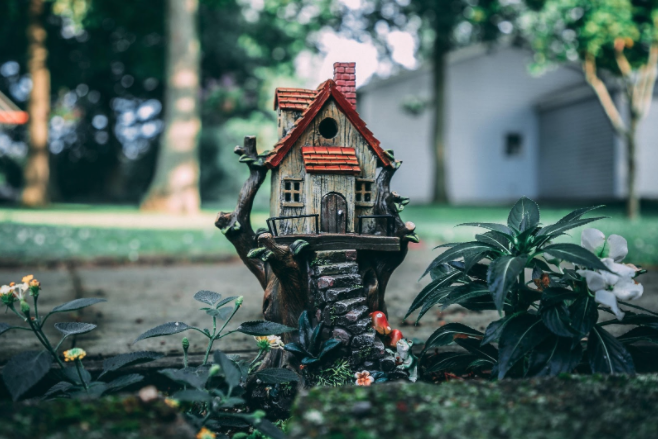Since the implementation of the land tax surcharge for foreign property buyers, issues have surfaced revolving around discretionary trusts. In this article, we will explore these issues, highlighting how a foreign discretionary trust is impacted by land tax in NSW.
Overview:
- What is land tax surcharge & surcharge duty?
- Discretionary trusts and foreign entities
- How land tax surcharge is affected by foreign discretionary trusts
- What residential property owners should do
Surcharge duty & land tax surcharge NSW
As of June 21st 2016, surcharge duty and land tax surcharge has been payable by foreign persons in regards to the purchase of residential property in NSW.
The current rates and surcharge liabilities are:
- 8% for surcharge duty
- 2% for land tax surcharge
These rates apply, without any land tax threshold, in addition to the usual duty or land tax which would be payable.
Discretionary trusts and foreign entities
There is a particular problem with discretionary trusts because of the wide definition of “foreign person” in the NSW Duties Act which is also applicable to the Land Tax Act.
You see, even if there are presently no foreign persons who are beneficiaries of a discretionary trust, virtually all discretionary Trust Deeds include as beneficiaries companies, trusts and other entities not limited to Australia. Therefore, these entities are considered as potentially foreign persons. This means that if the terms of the trust do not explicitly state the restriction of foreign entities as a beneficiary, then the trust will be automatically classed as a foreign trust, even if no distributions had been made to foreign entities.
What this means for land tax surcharge
The State Revenue Further Amendment Bill 2019 (which is yet to be passed by the NSW Parliament), provides that surcharge duty and land tax surcharge will not be payable where a discretionary Trust Deed explicitly states that no foreign person may be a beneficiary of the trust. Furthermore, the terms of the Trust Deed can not be amended to allow a foreign person to be a potential beneficiary of the Trust. This provision must be irrevocable.
With regard to land tax surcharge, the Bill provides that 2017, 2018 and 2019 land tax is not payable and that a refund may be obtained where the necessary amendments are made to a discretionary Trust Deed by 31 December 2019.
Revenue NSW has previously indicated that a Trust Deed may be amended by 31 January 2020. The Government now intends to extend the deadline for amendment of discretionary Trust Deeds from 31 December 2019 to a later date in 2020, however the proposed date is not yet known.
What you should do as a residential property owner
Where a discretionary trust owns residential property, the Trust Deed should be amended urgently via a Deed of Variation. If the ultimate deadline date is missed, land tax surcharge would be payable in respect of any residential property held by the discretionary trust from and including the year of 2017.
Even if a discretionary trust does not own real estate or only owns commercial property, consideration should be given to amending the Trust Deed if there is the possibility of the Trust purchasing residential property in the future.
Sometimes the situation arises where a decision is made very quickly to purchase a property. Contracts are then exchanged and at the time of exchange the liability for surcharge duty, presently at the rate of 8% on the price, would arise. If at that time, the Trust Deed had not been amended, liability would arise for payment of a very large amount of surcharge duty and there would therefore be a liability for land tax surcharge in the future.
All discretionary Trust Deeds are different, so it is vital that an experienced property or wills and estates lawyer prepares the necessary Deed of Variation. If you do need further assistance with this issue please contact our Special Counsel, Richard Farmer.

